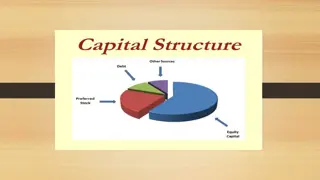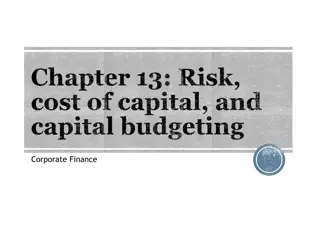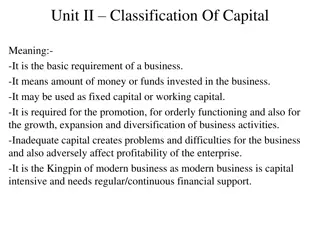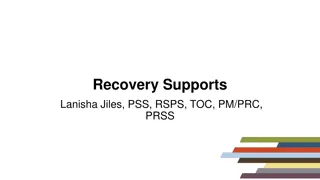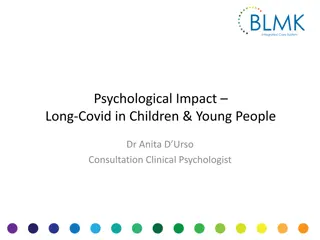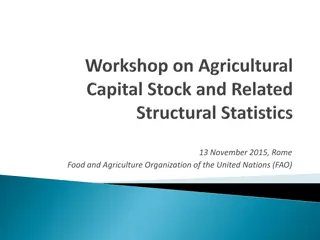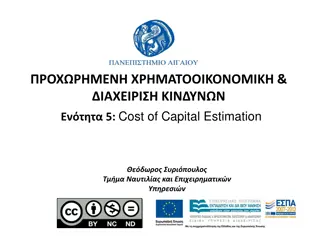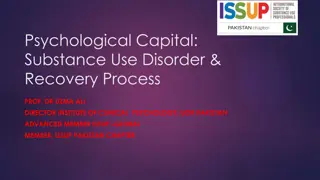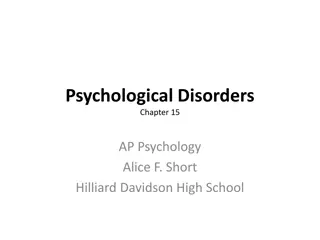Building Your Psychological Capital (PsyCap) for Challenging Times
Building Psychological Capital (PsyCap) involves enhancing Hope, Optimism, Self-Efficacy, and Resilience. Hope energizes in trying circumstances. Optimism focuses on positive future expectations. Self-Efficacy requires realistic self-belief. Resilience is about bouncing back after adversity through perspective and supportive relationships.
Download Presentation

Please find below an Image/Link to download the presentation.
The content on the website is provided AS IS for your information and personal use only. It may not be sold, licensed, or shared on other websites without obtaining consent from the author. Download presentation by click this link. If you encounter any issues during the download, it is possible that the publisher has removed the file from their server.
E N D
Presentation Transcript
Building our Psychological Capital (PsyCap)for these challenging times Jacinta M. Kitt
Psychological Capital (PsyCap) Capital refers to our resources Positive Disposition ( can do attitude) Four components State not Trait Can be improved
PsyCap Components Hope Optimism Self efficacy (confidence) Resilience
Hope (Hope functions to energise and sustain the self as it reconstructs itself in trying circumstances) Shade, 2001 Essential for happiness and success Opposite of fatalism, hopelessness, despair. Setting, pursuing and attaining goals Having the will and the ways to achieve them Parcelling big goals into manageable smaller ones Place the reality of your achievements in the context of future possibilities Prioritising, Persisting and not Procrastinating
Optimism (seeing the doughnut and not the hole) Oscar Wilde Positive and Realistic Expectations about the future Explanatory Style ( 3 Ps) Asking what s good about things Try to see the best in others Give new ideas the benefit of the doubt Surround yourself with positive people
Self-Efficacy (a realistic view of your abilities backed up by skills and competence) Self-belief (Confidence) Not threatened by the confidence or competence of others Not afraid to admit they don t know or understand something Healthy self-esteem is neither low nor too high (confidence as opposed lack of confidence or conceitedness) Contingent of supportive environment
Resillience (we are more or less susceptible to stress depending on how we think about the things that happen to us) Bouncing back after adversity? Putting things into perspective (ABCs) Ascertaining importance in the bigger picture ( crisis scale) Engagement with mutually empathic/responsive relationships is a great source of resilience Children need protective factors and processes to help them build resilience
Emotional & Social Intelligence Positive disposition generally Getting on well with others generally
Social Intelligence is the ability: To act wisely in human relations ( Thorndyke, 1920) To make others feel the better for an encounter with you To show empathy and understanding To acknowledge and give recognition to others To admit to being wrong and to be able to apologise To let go








